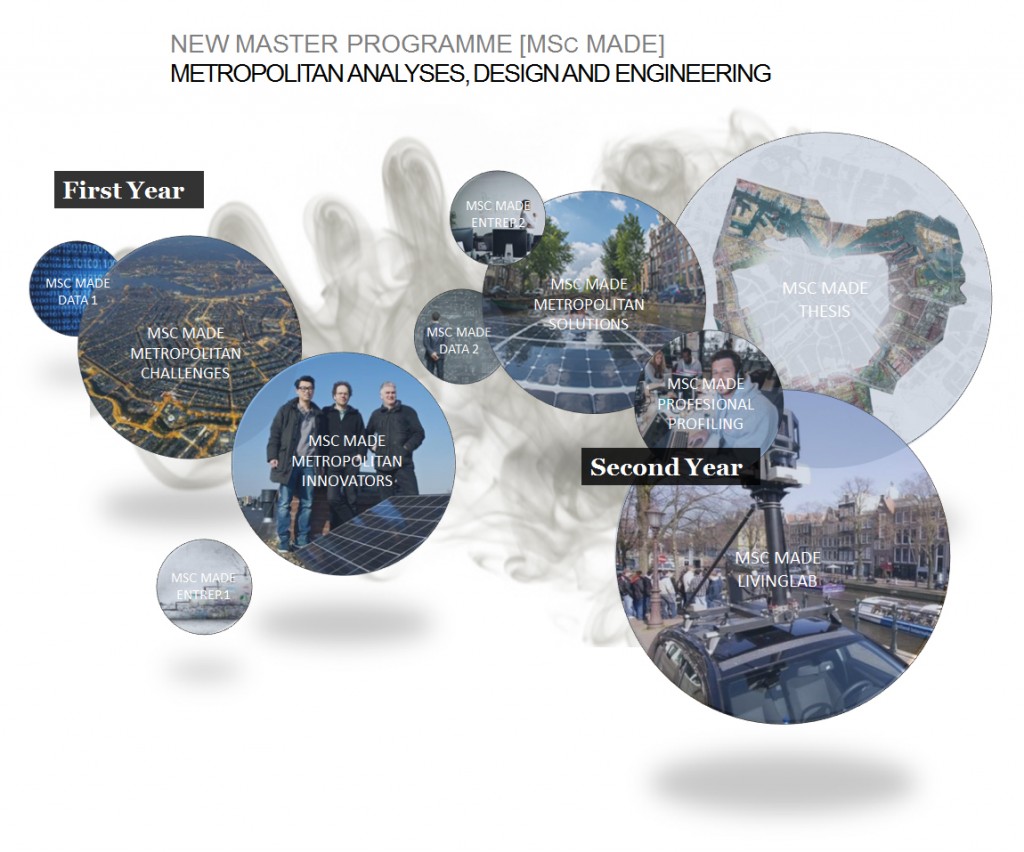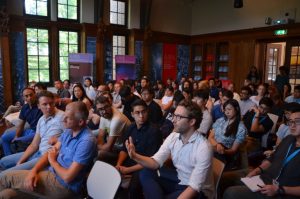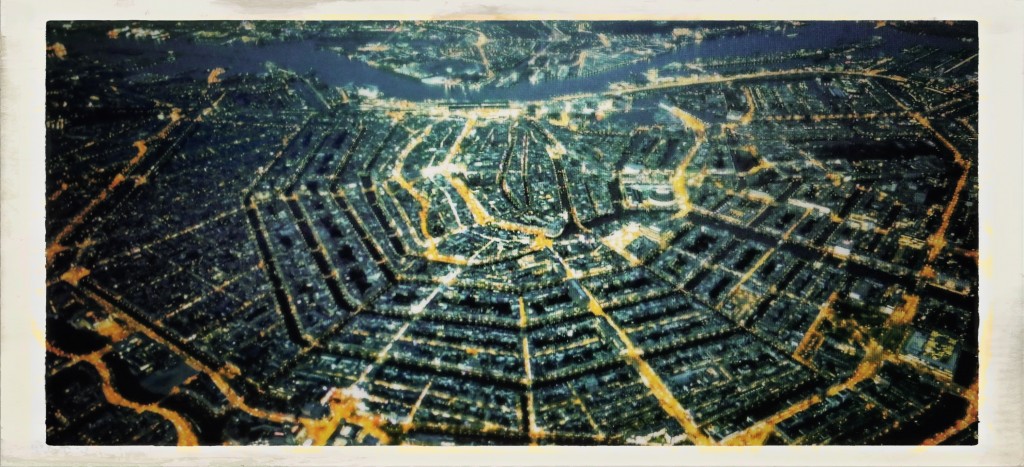The Amsterdam Institute for Advanced Metropolitan Solutions (AMS), the Delft Deltas, Infrastructures & Mobility Initiative (DIMI), and the International Forum on Urbanism (IFoU) joined Delft University of Technology in the organisation of the interdisciplinary 2017 Summer School:‘Making the Metropolis: Exploring Interdisciplinary approaches in Metropolitan Design Engineering’.
Tag Archives: living lab
Making the Metropolis
Quote
The Amsterdam Institute for Advanced Metropolitan Solutions (AMS), Delft Deltas, Infrastructures & Mobility Initiative (DIMI), the International Forum on Urbanism (IFoU) and Delft University of Technology join together in the organisation of the interdisciplinary 2017 Summer School: Making the Metropolis, Exploring Interdisciplinary Approaches in Design Engineering. (22 to 30 August 2017, in Delft and Amsterdam)
This summer school starts from the observation that today’s revolution of new technologies, theories and methods are making advanced metropolitan solutions possible, but acknowledges that no single actor or stakeholder can make metropoles move in a specific direction. Metropolitan solutions require cooperation between knowledge institutes, companies and governments, as well as between cities, citizens and civil society.
Continue reading
Mastering the Metropolis
As the majority of the world population is living in cities today, urban environments have become a place for many people. We are obliged to aim at sustainability and safeguard people’s quality of life, and human wellbeing. These challenges are motivating science and society to approach metropolises differently. Advanced metropolitan solutions to overcome problems are being made possible by today’s revolution of new technologies, theories and methods. But no actor or stakeholder can make metropoles move in one certain direction. Metropolitan solutions require cooperation between knowledge institutes, companies, governments, between cities, citizens and civil society.
The new MSc programme Metropolitan Analysis, Design and Engineering (MADE) integrates analysis, design and engineering in the sphere of the flows in the city; the physical, digital and social environments; and the city and its citizens. As full master programme, the MSc MADE prepares students to be specialised on one hand and an integrator on the other. A MADE graduate will be able to create synergy between specialists from other disciplinary backgrounds. You can make a cross-over too!

The new trans- and interdisciplinary programme will be offered as a joint degree programme by Delft University of Technology and Wageningen University. It is built on their joint research activities, and consolidated in their participation together with the Massachusetts Institute of Technology (MIT) in the Amsterdam Institute for Advanced Metropolitan Solutions (AMS).
Continue reading
Entering a Living Lab
In a fast urbanising world, cities and metropolitan regions increasingly face challenges of sustainability and quality of life challenges that put at risk issues of mobility and logistics, water and waste management, energy and food security, health and wellbeing. A new two-year master programme Metropolitan Analysis, Design and Engineering (MSc MADE) integrates analysis, design and engineering; the physical, digital and social environments; and the city and its citizens. These challenges are motivating science and society to approach metropoles differently. Advanced metropolitan solutions are being made possible by today’s revolution of new technologies, theories and methods. But no actor or stakeholder can make metropoles move in one certain direction. Metropolitan solutions require cooperation between knowledge institutes, companies, governments, between cities, citizens and civil society.
Without People No City!
On-Site Expo
Hofbogen Project
Exhibition of Design Ideas for the Urban Area around an Abandoned Railway Line at
10th-12th April 2013
`t Lispunt
Nootdorpstraat 6
Rotterdam
This expo exhibits a project focused especially on socio-spatial transformation of the city, as a base for the urban design profession. Nearly two hundred participants illuminate the particular level of scale of the urban project, the scale where urban design meets the human scale. As such, urban design is closely related to (landscape) architecture. By strategically intervening in the urban fabric urban design improves the environment of people in a sustainable and feasible way. These designers understand the design and use of public space in its conjunction to the built programmes, because in the end people make the city.


